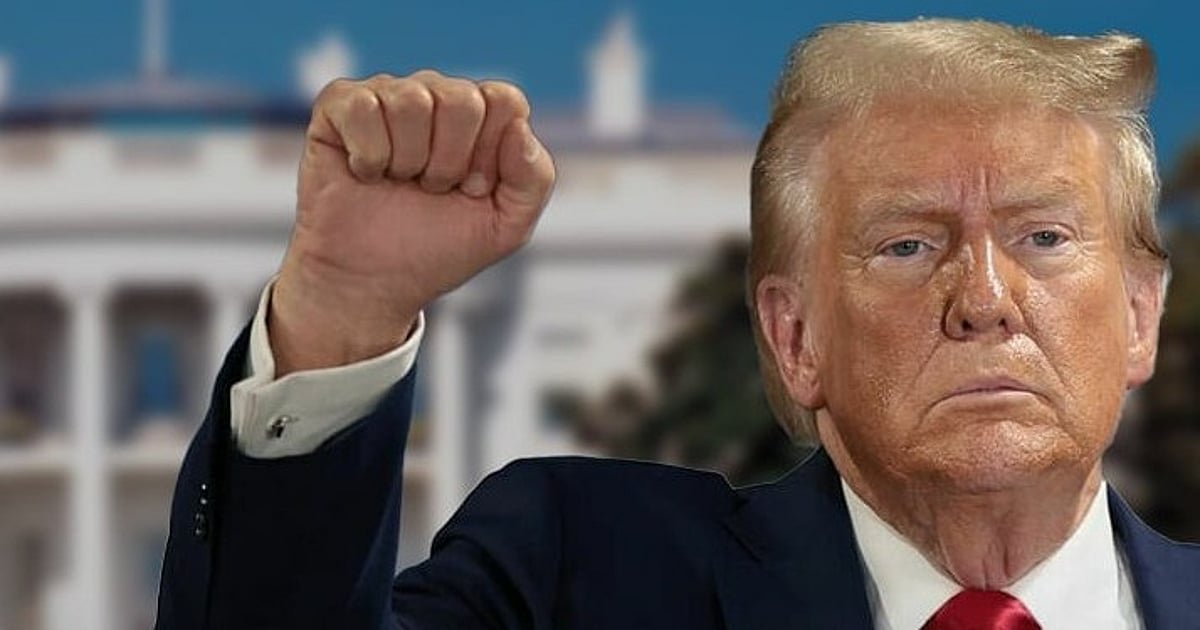President Donald Trump’s new $100,000 fee for H-1B visas flouts clear requirements of federal immigration law and will invite immediate lawsuits, attorneys told Bloomberg.
Trump on Friday announced a $100,000 application fee on the widely-used H-1B visa program, a move that would drastically increase the cost of visas heavily coveted by some of America’s largest companies seeking to bring in skilled workers from abroad.
The new measure requires US companies to pay $100,000 per year to sponsor each H-1B worker, a sharp increase from previous fees that typically ranged from $1,700 to $4,500.
According to a Bloomberg report, the fee, which takes effect Sunday, could also have devastating effects on businesses that expected to add workers through the specialty occupation visa program this fall.
“It would be imposed as a condition of US entry for foreign workers hired through the H-1B program popular with the tech sector, although it’s unclear what it would mean for visa holders already in the country,” the report added.
Attorneys told Bloomberg that, the president’s proclamation relies on an Immigration and Nationality Act provision, but those statutory provisions don’t override other parts of the statute and federal law.
“It’s essentially a ransom note,” Shev Dalal-Dheini, director of government relations at the American Immigration Lawyers Association told Bloomberg.
Trump’s Friday proclamation relies on an Immigration and Nationality Act provision that gives the president broad power over the entry of noncitizens—the same legal authority behind the administration’s latest travel ban. But attorneys say those statutory provisions don’t override other parts of the statute and federal law.
“I see this order as being very vulnerable to litigation,” Angelo Paparelli, a partner at immigration firm Vialto.US told Bloomberg. “This is presidential legislation as opposed to congressional legislation. I don’t believe it will sustain court review.”



